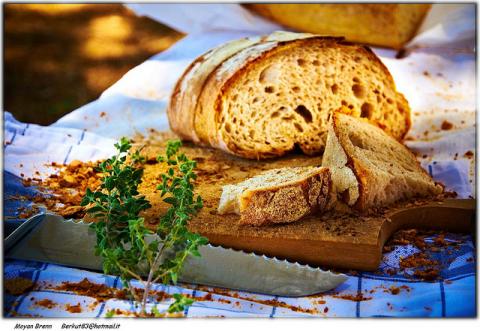
1) Praying Pacem in Terris: A prayer, study, action guide from Pax Christi USA: Pope John XXIII’s encyclical Pacem in Terris (Peace on Earth) helped to root the growing Catholic peace movement in the United States and gave birth to Pax Christi USA 10 years after it was written. On PCUSA’s 40th anniversary and the 50th anniversary of Pacem in Terris, PCUSA has designed a prayer, study, action process that interweaves the encyclical with its four initiatives. This free resource includes a leader’s guide, background sheet, reference sheet, prayer services for four months, discussion questions, and action suggestions.
2) Way of the Cross for Economic and Ecological Justice: Based on the Economic Way of the Cross, written by the Religious Working Group on the World Bank/IMF, this updated version is meant to provide a prayerful way to walk the steps of Jesus in this time of financial and ecological crisis. Similarly to past Economic Ways of the Cross, each station symbolizes institutional roots of this suffering in government, in transnational corporations, in international financial institutions, in trade agreements, macroeconomic policies and financial transactions that give shape to economic activity around the world.
3) SOA Watch lobby days, April 8-10: The School of the Americas Watch movement will return to D.C. to take the message that "We are One America" to the lawmakers and politicians in the halls of power. SOA Watch voices echoed the millions of people in the Americas who are creating change. Activists are encouraged to start planning your trip to Washington and to set up meetings with your members of Congress today.
4) Global Day of Action on military spending, April 15: As part of a Global Day of Action on military spending, people around the world will raise awareness about the imbalance between military and social spending. In 2011, global military spending surged to $1.74 trillion. Given the numerous crises facing the planet - economic, environmental, health, diplomatic - a vibrant global movement is needed to shift this money to meet urgent human and environmental human needs. In 2012, about 100 events took place in more than 40 countries: videos, powerful public displays, performances, press conferences, seminars.
5) President for a day: This new interactive web game was developed by ActionAid USA -- users have an opportunity to make policy choices to end the global food crisis while playing the role of U.S. president for one day. Complete a quiz comprised of colorful graphics and interactive images representing various policy choices that impact food security. At the end of the quiz, a newspaper is generated with headlines demonstrating the combined outcome of the entries. The game demonstrates to wider audiences how corn ethanol mandates, climate change, foreign aid, and agricultural models impact food security.
6) Foodopoly: The battle over the future of food and farming in America, a new book by Wenonah Hauter of Food & Water Watch, presents a shocking account of how agricultural policy has been hijacked by lobbyists, driving out independent farmers and food processors in favor of companies like Cargill, Tyson, Kraft, and ConAgra. From economic stagnation in rural communities at home to famines in poor countries overseas, the crisis will require a complete structural shift: a grassroots movement to reshape our food system from seed to table.
7) Hidden lives: The untold story of urban refugees: This project uses photographs, refugee testimonies, and video to document the reality that over half the world’s refugees now live in large towns and cities. The traditional image of life in tented, sprawling camps no longer tells the full refugee story. As urbanization reshapes much of the world, refugees too are increasingly moving to large towns and cities, where vulnerabilities and potential humanitarian crises. Photographer Andrew McConnell spent months documenting this new reality in eight countries: U.S., Haiti, Great Britain, Jordan, Burundi, Kenya, Malaysia, and Thailand.
